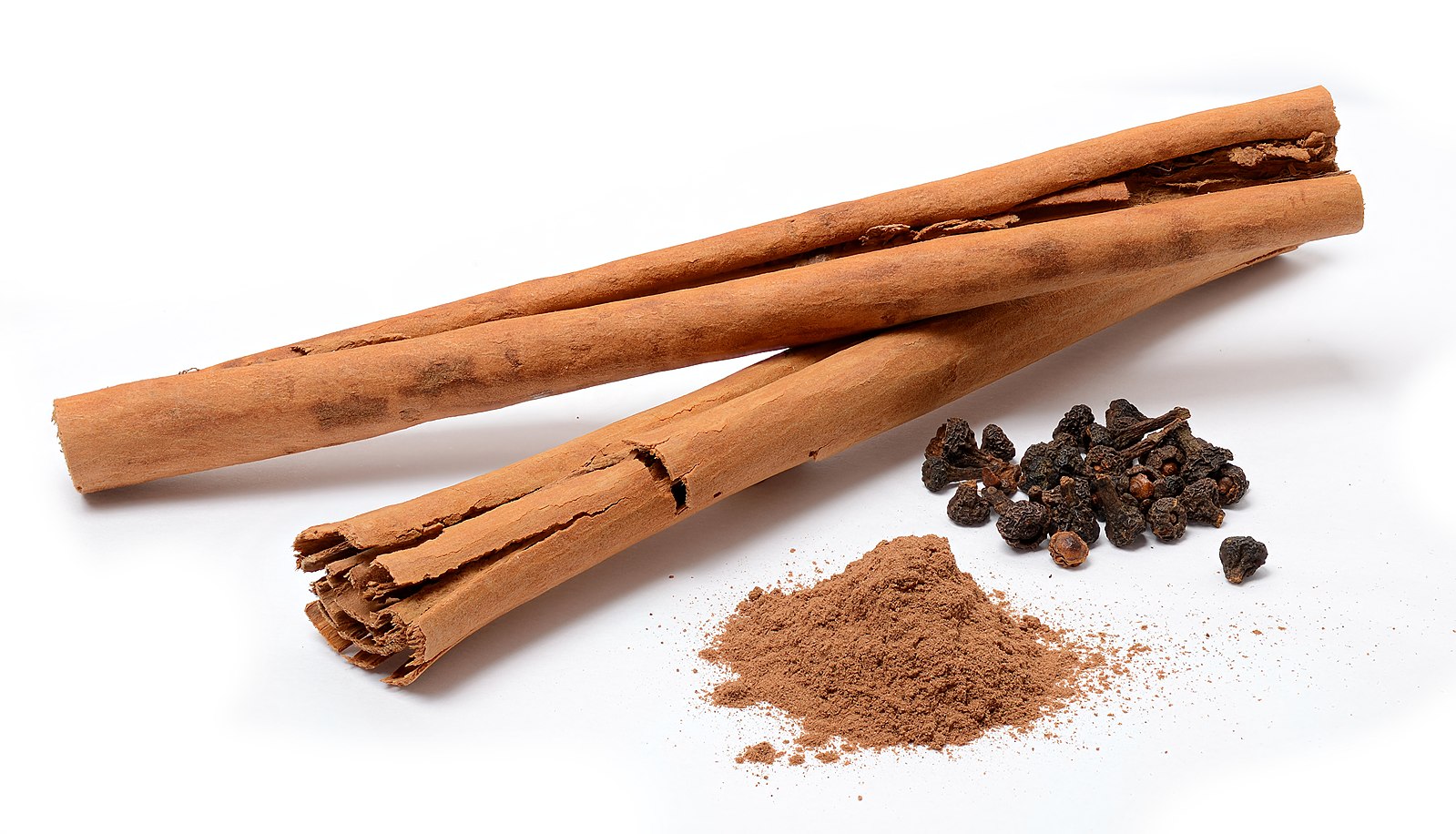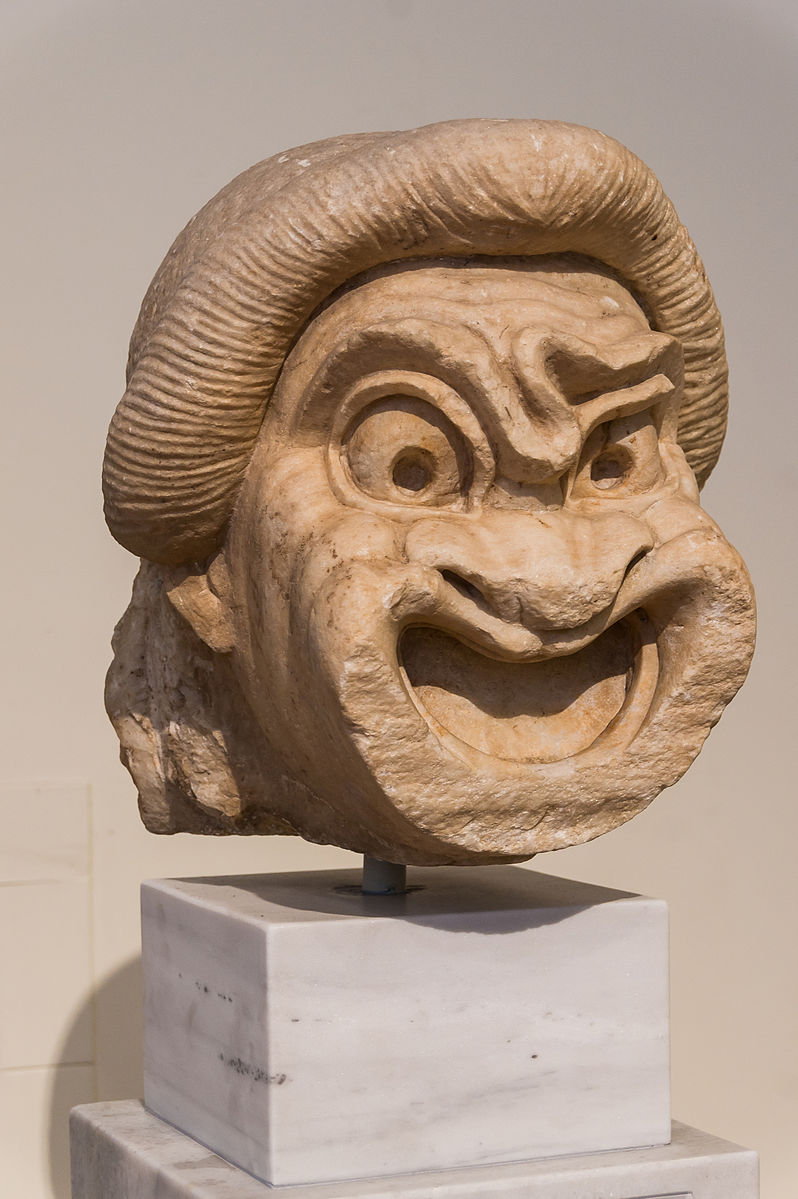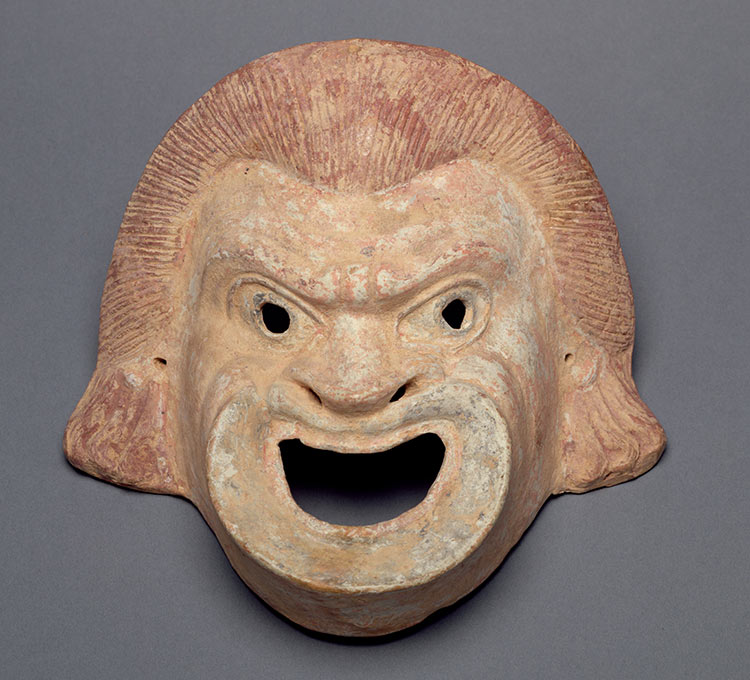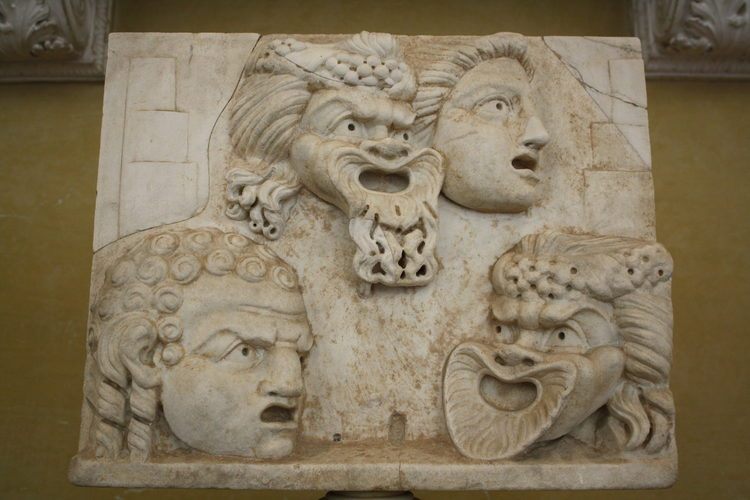CLAS 357
Elite Male Self-Enslavement (Plautus' Casina)
March 13, 2024

[Correction in some hard copies of the text of Casina, Scene 6]
Response #2 Topics (optional rough draft due March 15; response due March 22)
Creative Projects?

Terracotta old man wearing himation
(Athens, 3rd century BCE)
Plautus' Casina: ca. 185 BCE (reference to Bacchants, 978ff.); social-historical backdrop – law of 215 BCE limited women's personal expenditures during 2nd Punic War, repealed after women's protests, 195 BCE; woman's finances/property rights at issue > Myrrhina & Cleostrata in Scene 3 (Song): marriage cum manu vs. marriage sine manu
- status of characters
free persons:
Lysidamus, paterfamilias & senex amator ("old man in love"), enters intoxicated, self-deluded, singing of love (Scene 4; "I'm being tortured by love", 276), abnegating public responsibilities (Scene 12)
Cleostrata, matrona
Myrrhina & Alcesimus, neighbors
[Citrio, cook]
slaves:
Olympio, vilicus
Chalinus, sidekick ("arms-bearer") of Euthynicus
Pardalisca, "maidservant" of Cleostrata
absent:
Casina ("Cinnamon Girl"), exposed by Myrrhina, raised by Cleostrata ("just as . . . her very own daughter, 46)
Euthynicus, son of Cleostrata & Lysidamus

Greek slave mask (2nd century BCE)
- what has Plautus done with his Greek source play (prologue)?
An old man lives here. He’s married and has a son
Who lives with him in this same house.
The old guy has a slave, laid up sick now,
Or laid up in bed to be more precise.
At the very crack of dawn sixteen years ago
That same slave spotted a woman
Abandoning a baby girl. He went right up to her
And asked if he could have the baby. [exposed baby]
His plea succeeded. He took it straight home,
And begged his mistress to raise the baby.
His mistress agreed and gave it all her care,
Just as if it were her very own daughter . . . [recognition play]
. . . Now after the old man found out that his son
Was in love, and seeing an obstacle to his plan,
He had the young man sent abroad.
But the mother, clever lady that she is, has become her son’s ally.
In case you’re wondering, the son won’t return today.
Not in this comedy. That just wasn’t Plautus’ plan:
He brought down a bridge on the young man’s way home.
[EPILOGUE
Spectators, here’s what will happen inside:
It’ll be discovered that this Casina is the neighbor’s daughter
And she’ll marry our young master, Euthynicus. [2 characters, recognition & wedding scenes eliminated by Plautus]]
- Roman context (prologue)
Now I’m sure some of you are saying to yourselves,
“What the . . .? How can it be? A slave wedding?
Since when do slaves propose or get married?
It’s unheard of, and doesn’t happen anywhere in the world!” . . .
. . . Now back to that abandoned girl,
The one the slaves are so eager to marry:
Turns out she’s a freeborn virgin:
Yes, the daughter of an Athenian! So they’ll be no
Fooling around with her in this comedy.
But trust me, as soon as the play’s over,
I’m sure whoever counts out the cash to her
Can have his honeymoon—no ceremony necessary!
[cf. Captivi prologue, "What follows here is fact for us actors, even if it's fiction for all of you" (52)]

Terracotta of Greek New Comedy mask of Young Man (1st century BCE)
- plot: proxy marriage? lottery? faux-wedding & honeymoon?
Casina 814-24 (the "bride" is given away)
Pardalisca
He-Casina has given off a stench from far away!
Gently lift your feet above the threshold, my new bride;
Safely start the journey,
And tread upon your husband always!
May all power preside in you to crush and defeat him,
Your voice, your command perched high to beat him!
His job is to fill your closets, yours to empty his pockets!
Strive to deceive him, both night and day!

Marble relief of Greek theater masks (2nd century BCE)
- lovesick Lysidamus' mastery – is he "Jupiter" and is Cleostrata his "Juno"?
Scene 5: attempt to dissuade Chalinus from marrying Casina?
Scene 9 (post-lottery scene): his relationship with Olympio? (Chalinus eavesdropping, "The old guy has always liked the ones with beards", 466): cf. cook & preparations for wedding (Scene 15) – "Okay, I'm your slave" (737)
Scene 14: dealing with frantic Pardalisca (sword-wielding Casina story, his fears)?
Scene 22 (post-honeymoon): disheveled in his underwear!
Casina 947-59 (the ultimate "slave")
It’s best to face my wife,
To go inside the house
And offer her my hide for punishment!
Anyone of you care to fill in for me there?
There’s no hope for my shoulders inside of that house.
Apart from playing the bad slave and hitting the road,
I’m fresh out of ideas.
Think that’s all nonsense?
Truth of it is, I’ll be beaten:
I may deserve it but that doesn’t mean I like it!
I think I’ll just take off this way—

- Cleostrata's metatheatrical victory over Lysidamus – "No playwright has ever devised a better / Plot than this clever production of ours!" (860-1)
Casina 1001-1006 (domestic harmony restored)
Lysidamus
If ever in the future I lust after Casina, or just start to lust after her,
Or if from now on I do anything of this sort, you have the right
To hang me up and give me a good whipping, my dear.
Cleostrata
But the only reason I'm going to forgive him
Is that this play is long and I don't want to make it any longer.
- finale: Lysidamus' cloak & walking stick returned, all enter house; family order restored? "proto-feminist" play?
Casina 1015-18 (epilogue)
Now the right thing for you to do is to give us the thundering applause
We so richly deserve. Those who do will win the whore of their dreams
(and the wife will be none the wiser). Those who don¹t applaud as loudly as possible,
Will take a he-goat bathed in sewer-water to bed instead!






